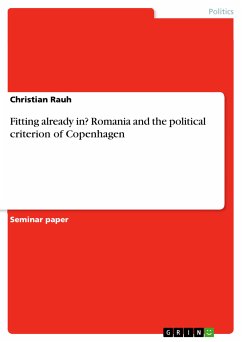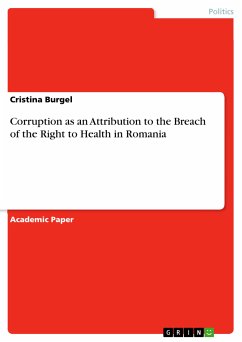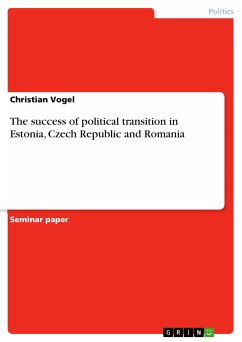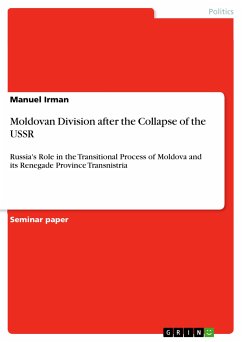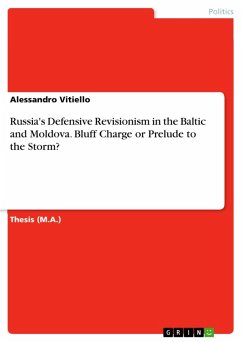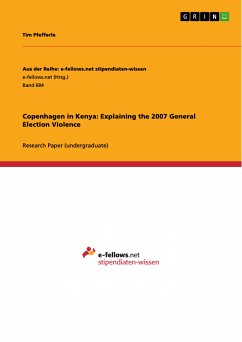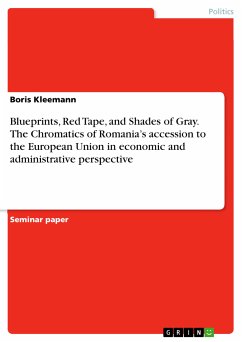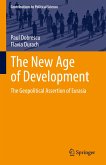Seminar paper from the year 2005 in the subject Politics - Topic: European Union, grade: 1,0, , course: Difficult enlargement - New member states in the EU, language: English, abstract: In the view of ongoing political debates about the future and scope of the European Union in general and about EU enlargement specifically, this paper addresses the readiness of Romania in terms of political requirements specified in the Copenhagen Criteria. A theoretically oriented section highlights approaches that explain the influence of the EU on reforms in (potential) candidate states. It concludes that it is the prospect of membership that supports reforms. The following section attempts a quantitative comparison regarding the political criterion between Romania and the baselines of (a) the EU 25, (b) the EU 12 and (c) the eight Central and Eastern European States that accessed the EU in 2004. The analysis thereby relies on the most recent data set of the World Bank Governance Indicators. The results suggest that Romania is factually far away from all three baselines in terms of the political criterion. Accordingly, the paper concludes that a postponement of accession in the framework of the existing treaties would be highly reasonable – both from the Romanian and the European perspective and apart from biases stemming from short term political interests that inform most often the contemporary debate.
